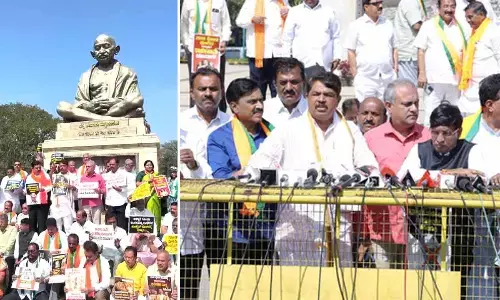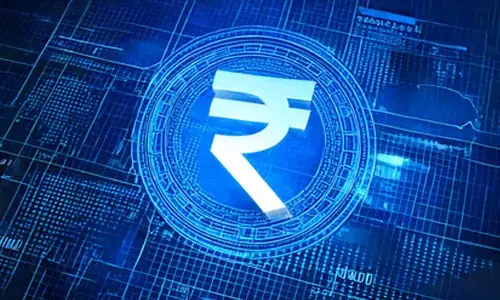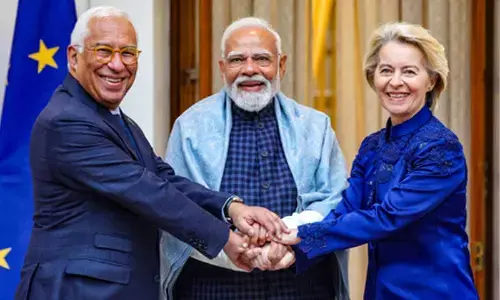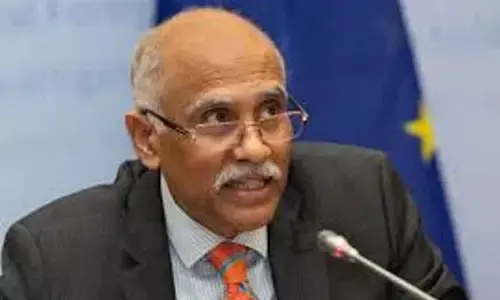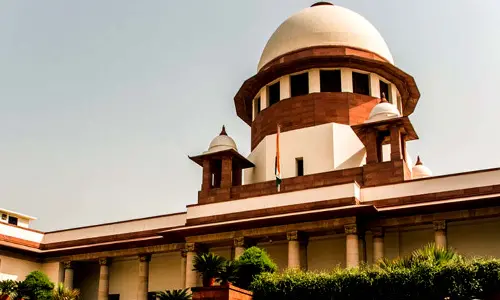Despite being on FATF grey list, Pakistan can still stoke trouble
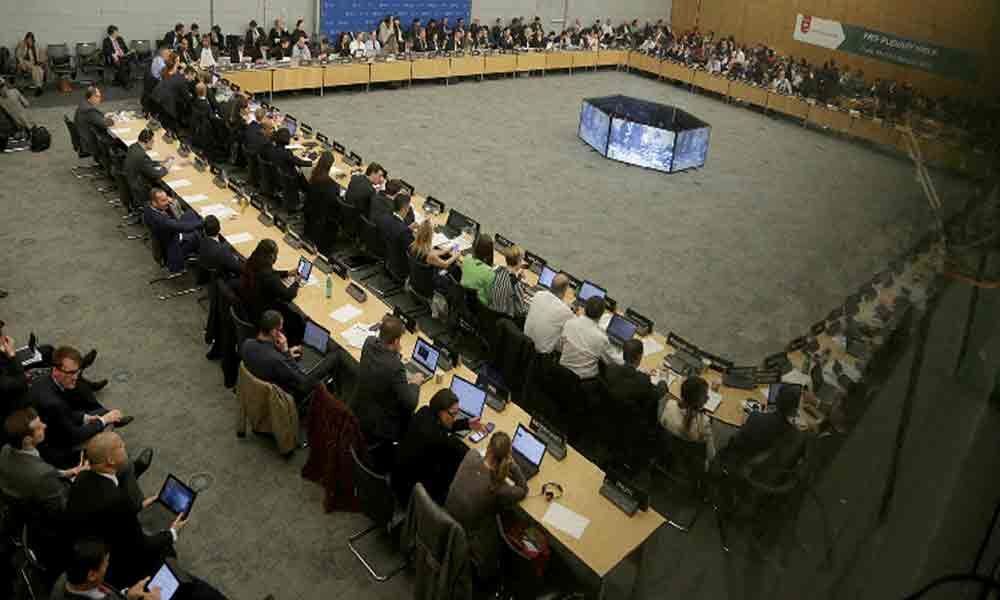 Despite being on FATF grey list, Pakistan can still stoke trouble
Despite being on FATF grey list, Pakistan can still stoke troubleWhen the Financial Action Task Force (FATF) Plenary on February 28 decided to put Pakistan back on the "grey list," subjecting it to direct monitoring and intense scrutiny by the International Co-operation Review Group (ICRG) on terror financing, pending further review in June, the terror-sponsoring country came in for a jolt.
It was under the impression that due to its 'compliance' of the conditions laid down by the FATF, it would get away with it. The FATF decision was taken by consensus, after days of closed-door discussions within the 37-member group. Although the nomination did not find a mention in the formal statement released by the global money laundering/terror-financing watchdog, diplomats and officials privy to the development confirmed it. Pakistan had been on the same list from 2012 to 2015.
However, its real acid test will come up in June when a review is to be taken. This time around, there are several factors that would be evaluated. The ban on Jaish-e-Muhammad and ostracising of Masood Azhar by the international community which came after much delay due to China's consistent opposition to the same, has further queered the pitch for Pakistan now.
How much of compliance is there in wielding control over the terror modules and terror heads will be crucial to the review of the earlier decision now. Pakistan will, under a "Compliance Document," now be required to furnish a fresh report to the International Co-operation Review Group (ICRG). Accordingly, the country will undergo a review at the next Plenary in June, when it would be presented a full action plan on how it is expected to crack down on terror groups banned by the UN Security Council.
Pakistan's actions came under threat and the international community is fully aware of the fact that it would buckle only under pressure. There should be no letting it off the hook when the pressure is already producing results.
But will this continue after China takes over as the Chair of the inter-governmental organisation? Will China not act with malice towards India and international community as far as Pakistan is concerned? China has not said a word so far about the rally of Hafiz Saeed of LeT in Pakistan recently and the Kyber Pukhtunkhwa State's decision to raise funding for Haqqani group-linked seminaries.
A sincere Pakistan still allows these rallies despite banning of the organisations. Much will depend on the stand of the US, the UK, Germany and France, which joined hands in blacklisting Pak terror modules and its 'non-State' actors, particularly after Pulwama. China has not advised its all-weather friend either to abstain from such activities or at least explain, so far.
Will that change once China becomes the Chair of FATF? India yielded to Chinese desire by using its goodwill with Japan to withdraw from the race to make China agree to the ban on Masood Azhar. It was a wise move no doubt, but, whether in the long run, it would benefit India is to be seen. Will Pakistan not go back to old ways with its ally presiding over FATF? Better be on vigil India.








